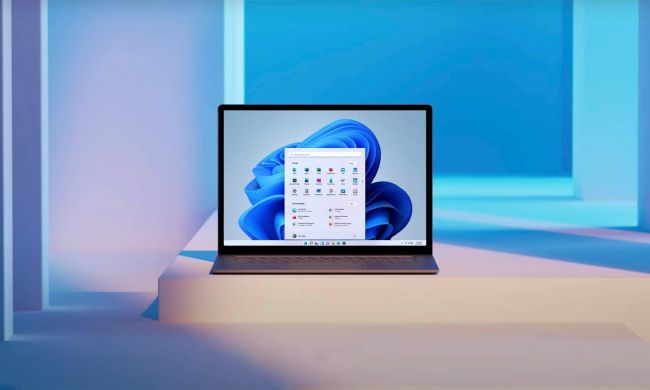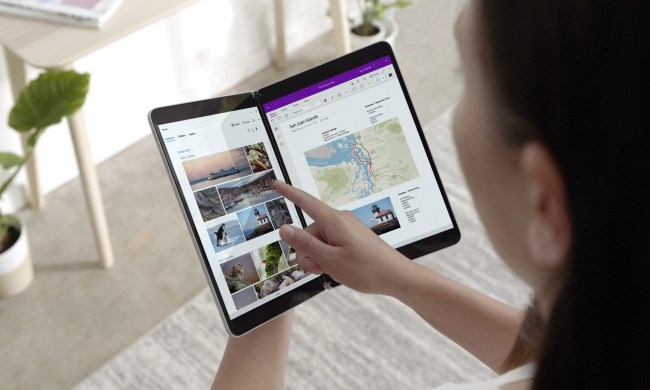Microsoft OneNote is one of the oldest and most popular note-taking apps on the market. It is also one of the most feature-complete, it works on every important platform, and it integrates well with Microsoft’s Office productivity suite. There are two versions of OneNote, though, and Microsoft has announced that it’s making the Windows 10 version of OneNote the official option going forward.
This decision might disappoint some OneNote users who have been using the desktop application that Microsoft included in the Office suite and that currently stands at Office 2016. That’s the version of OneNote that has been around the longest, going all the way back to 2002 when OneNote 2003 was released. As of Office 2019, though, OneNote 2016 will no longer be automatically installed (although the existing installations won’t be deleted).
This move shouldn’t come as an actual shock, though, as Microsoft has been focusing on updating the Universal Windows Platform (UWP) version of OneNote for several months, adding new features to it and leaving out the OneNote 2016 application. In fact, OneNote 2016 will receive no new functionality at all, and will instead migrate to maintenance mode and receive support, bug fixes, and security updates through October 2020.

Already, some features are only available in the OneNote UWP app, such as being able to share notes easily using the Windows 10 sharing functionality, view notes sorted by update order, see Notification Center updates, use the Researcher to find quotes and citable sources, and enjoy the Immersive Reading view. OneNote UWP will also be receiving faster and more reliable syncing across all platforms and the ability to see live previews of embedded Office files.

At the same time, a few features are OneNote 2016-only, such as the ability to create Outlook Tasks in notes, pin commands to the toolbar, record video, and utilize third-party add-ins. Perhaps most important, OneNote 2016 also allows saving notes locally, while OneNote UWP can only save notes in the OneDrive cloud. Notably, two OneNote 2016 features, tags and tag search, will be making their way to OneNote UWP “soon.”
In many ways, OneNote UWP is already a better app, with superior ink effects, better ink-to-text capabilities, and improved battery life and performance as some examples. Windows 10 already ships with the app pre-installed and it’s the version that is most similar to OneNote for iOS, OneNote for Android, and OneNote’s web version. All of that should make the transition to OneNote UWP a bit less painful, even for people who have been using the desktop application for well over a decade.


